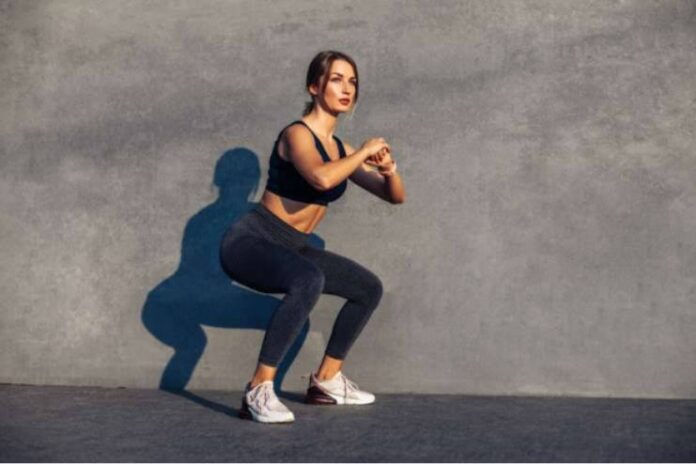Affiliate Disclaimer
Some links in this article are affiliate links. We may earn a small commission if you make a purchase through these links, at no extra cost to you. We only recommend products we find useful to our readersRegular exercise promotes mental and physical health, making it the cornerstone of a healthy lifestyle. Squats are among the most accessible workouts, and they are pretty popular because of their ease of use and efficiency. Squats are a potent full-body exercise you can do anywhere, making them vital to any training routine.
This article presents 13 strong arguments for incorporating squats into your daily exercise regimen, emphasizing their numerous advantages that can improve your general fitness and health. Squats can help you reach your fitness objectives, whether you are an experienced athlete or a beginner.
What Are Squats?
Squats are a primary part of many fitness and training programs. They resemble a half-chair position in which one folds one’s knees perpendicular to the ground. The exercise is not just for the legs and thighs but works out many other muscle groups in the body, including:
- Thighs
- Hips and Buttocks
- Quadriceps Femoris Muscle
- Hamstrings
- Bones
- Ligaments
- The Tendon Insertion in the Lower Body
Reasons You Should Do Squats Daily
While many people find squats quite difficult, they should be included in one’s fitness routine. If you are wondering why squats are important, here are some benefits:
1. Boost Overall Body Strength

Apart from helping tone the thigh and limb muscles, squats have tremendous benefits in increasing the muscle strength of the full body. They lead to a steady release of testosterone and growth hormones (R) into the blood circulation, which is responsible for building muscle mass.
These muscles are also responsible for proper glucose (R) and lipid metabolism in the body, which helps reduce the risk of obesity and chronic diseases like diabetes.
A study (R) found that doing squats in proper order with lighter weights is far more beneficial than accentuating them with heavy weights.
2. Improves Blood Circulation
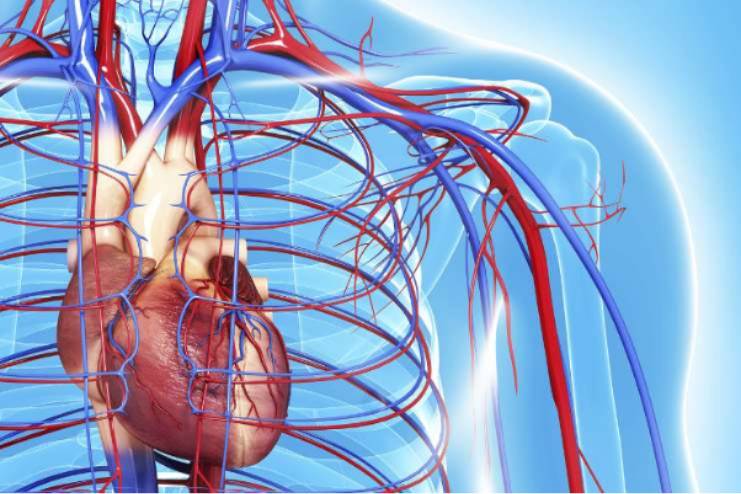
Blood circulation throughout the entire body is critical to proper health maintenance. Coldness and numbness around the edges of the limbs are predominantly associated with poor blood circulation.
Squat exercise affects all body parts and boosts blood circulation (R). Squats also help impact overall heart function, which, in turn, boosts blood circulation.
3. Makes Everyday Activities Easier

Squat exercises are functional workouts that strengthen your lower body and core, making daily tasks easier. Engaging in major muscle groups like the quadriceps, hamstrings, glutes, and squats improve stability, balance, and strength. This enhanced muscle function translates to smoother movement in everyday activities like lifting, bending, and climbing stairs.
4. Burn Fat and Shed Extra Pounds
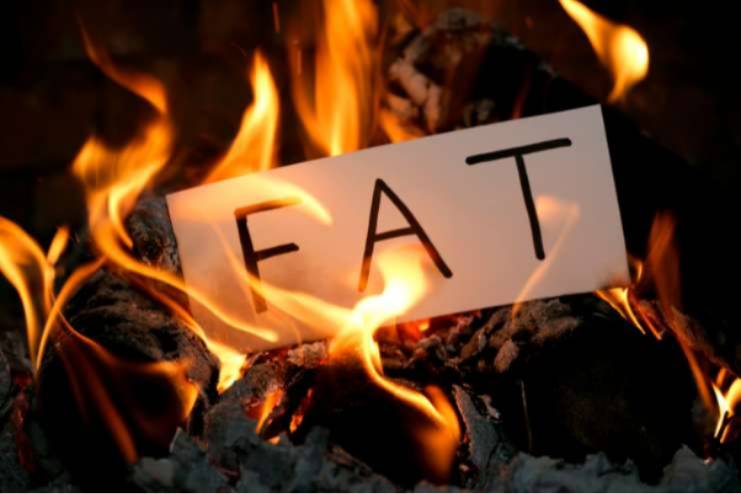
Most people who do squats tend to have the primary goal of losing weight and toning their muscles. While other exercises directly act on burning calories, the main reason for doing squat exercises is because they burn the fat passively.
Squats help build more muscle and thus burn calories (R). It is believed that for every pound of muscle gain, the body burns around 35-50 calories, which is pretty impressive.
5. Improves Core Strength
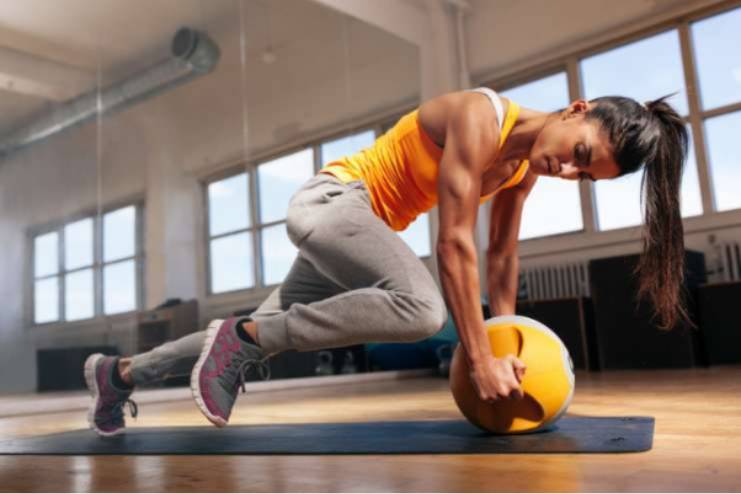
Building core strength is difficult but worth it. Core strength comes from the area around which the muscles, bones, and joints of the upper and lower half of the body conjoin.
Squatting improves core strength by emphasizing the stomach and lower abdominal region (R), which helps improve overall core strength.
Better core strength is associated with improved athletic ability and also drives away possibilities of weakness.
6. Reduce Cellulite
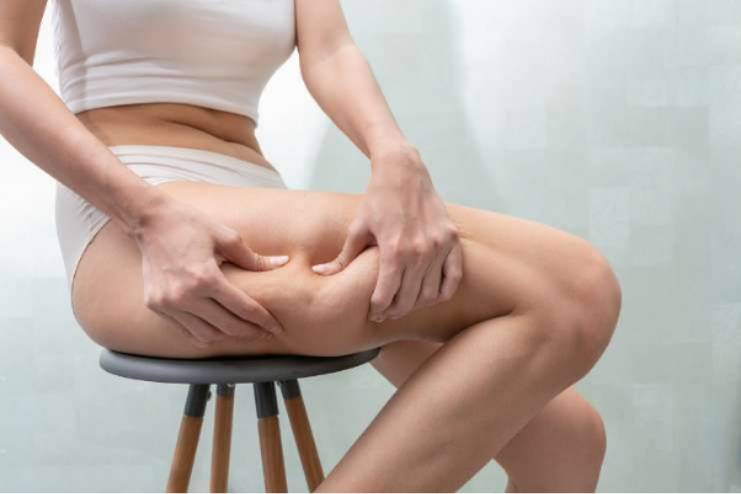
No one likes seeing dimpled skin on the back of their legs and around their buttocks. While exercise can significantly improve your appearance, squats are particularly effective. Poor blood circulation often worsens cellulite, but squats help improve circulation and can dramatically reduce it.
7. Improve Posture
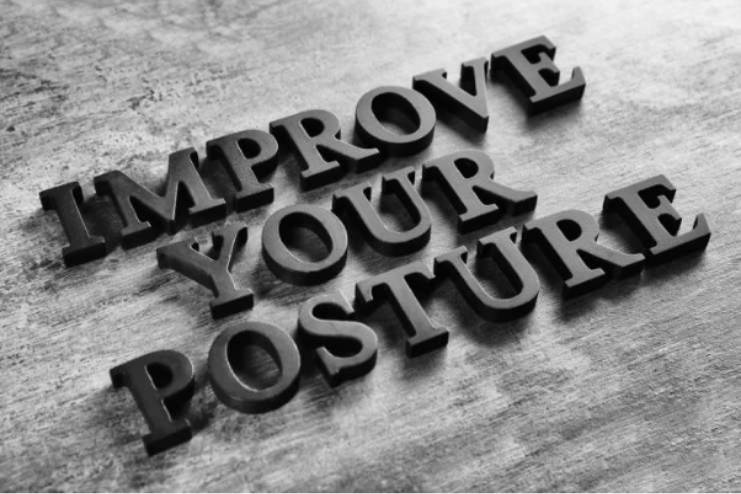
As mentioned before, the possibilities for how squats help are endless, but the predominant one is that they boost an individual’s body posture. Squats lead to the stability and strength of the entire upper body, which helps to improve overall body posture.
8. Impact On Bones and Joints
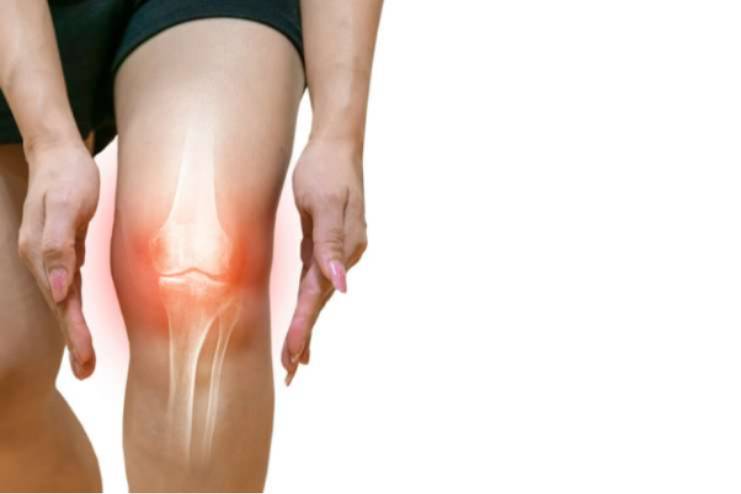
Squat exercises are excellent for strengthening bones and joints. Squats are a weight-bearing activity that lowers the risk of osteoporosis, increases bone density, and stimulates the creation of new bone. By engaging muscles around the knees, hips, and ankles, squats support joint health, enhancing flexibility and range of motion. They also help distribute stress evenly across joints, reducing the likelihood of injury or joint pain.
9. Improve Libido in Men

If you suffer from low libido, including squats in your daily exercise routine can help. Squats accelerate and promote overall blood circulation in the body and help boost the production of testosterone in the bloodstream. The combined effect of both can positively impact an individual’s libido.
10. Prevent Injuries
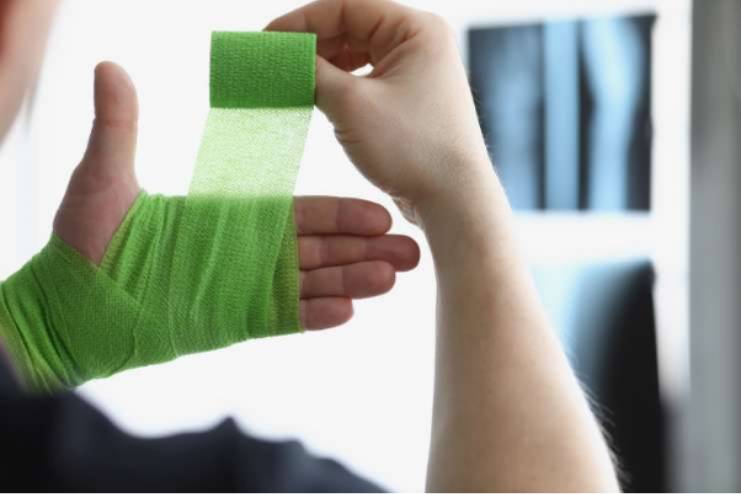
Squat exercises help address injuries that athletes may endure. Often, injuries are caused by a lack of muscle and bone strength. Squats help improve the strength of the stabilizer muscles, ligaments, and even the connective tissue.
Apart from improving overall strength, they improve your overall flexibility, which further aids in preventing strain or injury.
11. Tone Back Muscles
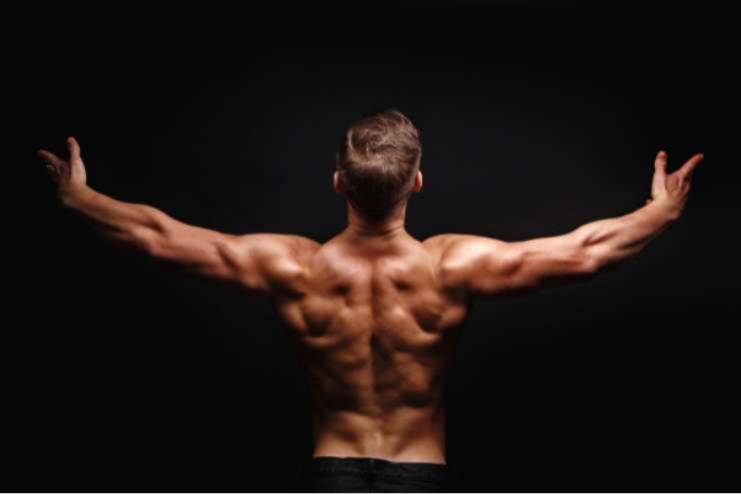
Yet another reason to do squat exercises is that they help tone your back muscles. Unlike other forms of exercise, squats don’t necessarily confine themselves to one particular area of the body but rather impact multiple areas.
If done correctly, they help tone the back muscles effectively. The back and lower abdominal muscles are not just toned; squats also help build the muscle.
12. Improve Excretion
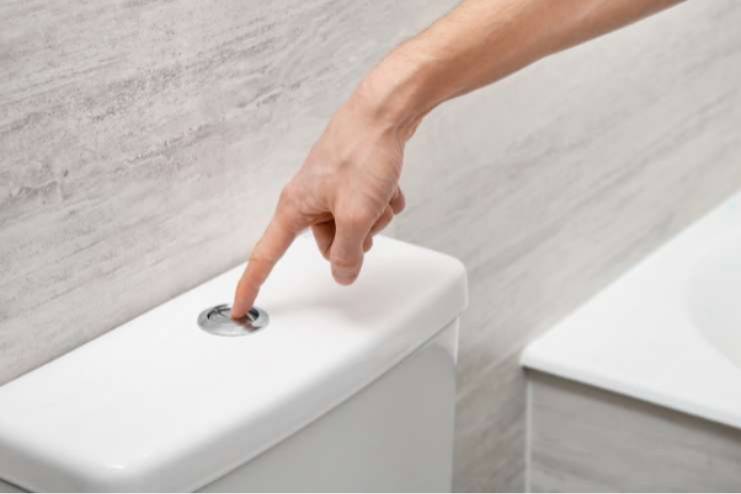
If you have been having trouble with regular bowel movements, squatting can help. Squatting puts the necessary pressure on the stomach and abdominal region, which is believed to help improve bowel movements.
Regular bowel movements help boost overall blood circulation in the body and eliminate toxins. They are also quite beneficial in eliminating problems like constipation.
13. Stronger Knees
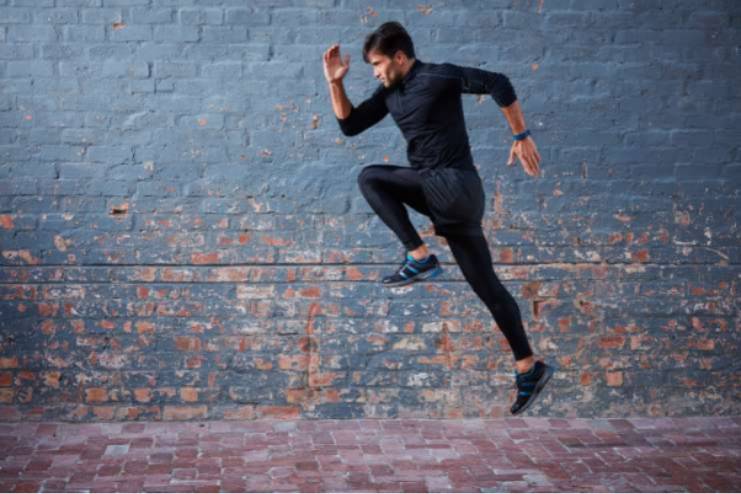
Several forms of exercise tend to impact our bodies negatively. This is not the case with squats, though. As one of the lowest-impact exercises, you can be assured that it won’t impact your joint safety.
If you wonder if squats affect the knees, the answer is no. Studies show that it actually strengthens the knees. Both deep and parallel squats have beneficial impacts on improving overall knee strength. Just be sure to use the correct posture and form when exercising to avoid hurting yourself.
How To Correctly Do Squats?
While squat exercises don’t negatively impact body functions, you may not be able to reap their benefits if you do them with improper form. Maintaining the correct posture is key to gaining the much-coveted benefits of this exercise.
So, how should you do it? Here’s a step-by-step explanation:
- Stand on the floor with your feet shoulder-width apart, maintain a straight and erect posture
- Ensure that your toes are facing forward
- Place your hands on your thighs, puff your chest out, and keep gazing forward
- Start bending your knees gradually, making sure to put pressure on the heels, and then sit back as if you are sitting on a chair
- Keep your head and chest facing forward and look forward
- Stretch your hand out in front of you, keeping them parallel to your thighs
- Hold that position for 5 seconds
- Gradually return to the initial position, relax for a few seconds, and repeat
There are many reasons for doing squats, and we have listed some of the most important benefits. Squats help tone muscles and build them up to become stronger, which is something you don’t necessarily experience in many other exercises.
-
Oct 2018Written by Somapika D
-
Sep 2024Edited by Ankita
In this Article















